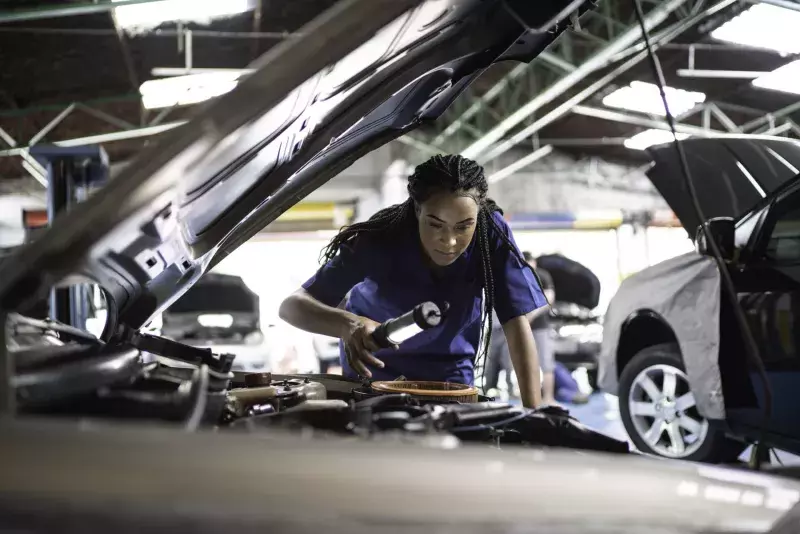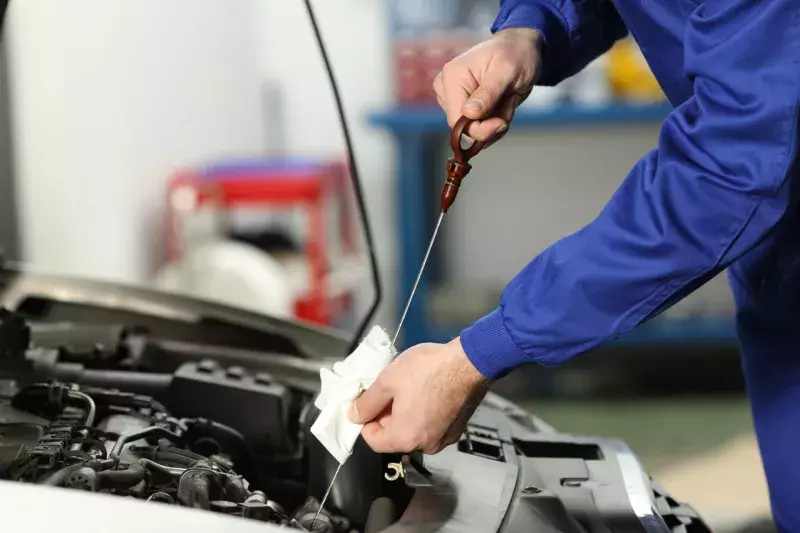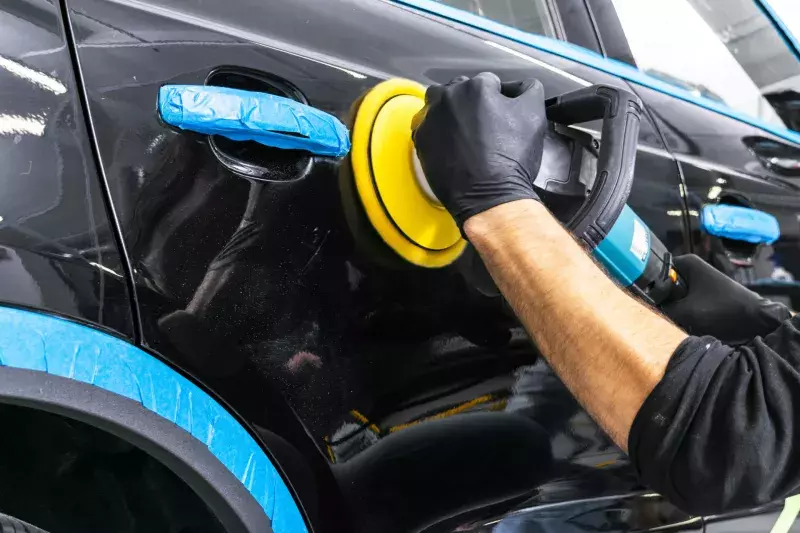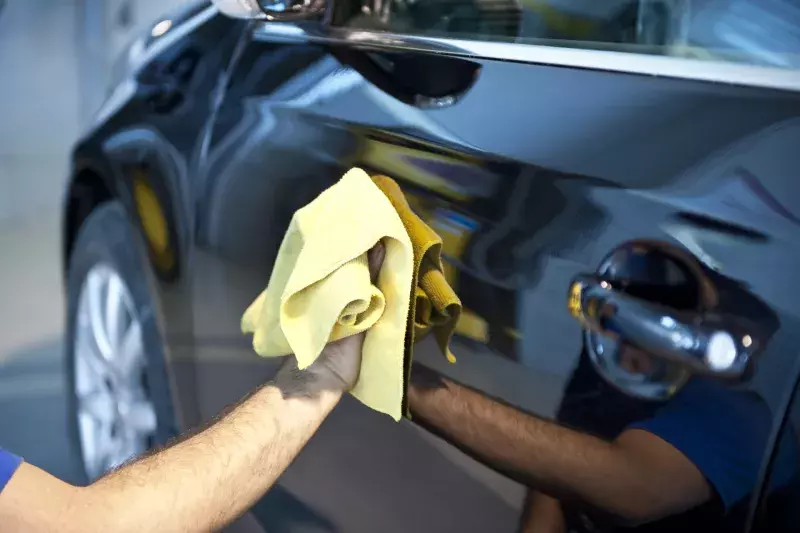
12 tips to extend your car's lifespan
3 Minute Read
Today's vehicles can be driven for up to 300,000 kilometres without requiring major repairs, provided they get the proper care. Here are our maintenance tips.
Follow the maintenance schedule in the owner's manual
To ensure that your vehicle's manufacturer's warranty is upheld, it's essential to follow the recommended maintenance schedule scrupulously. Once the warranty has expired, keep track of your annual mileage and the road conditions where you drive (like city streets, highways, gravel roads) so as to gauge the maintenance pace required for your vehicle. Refer to your owner's manual for maintenance tips and answers to your questions, and observe the frequency of oil and filter changes.
Respond quickly to the "check engine" and other warning lights
If the "check engine" light comes on, have the car checked as quickly as possible. It's important to find the cause. If the light has already been on, how would you know if a more critical problem arises?
Check the oil and fluids, and have your vehicle inspected

AntonioGuillem | iStock
An inspection carried out by your trusted mechanic (or at a CAA Authorized Vehicle Inspection Centre) can reveal little details that, if fixed promptly, will prevent costly major repairs. Between inspections, make a point to check the fluids regularly. "If the transmission fluid looks muddy or brown, act quickly and replace it or your automatic gear will slip," warns CAA Quebec auto expert Jesse Caron.
Choose quality parts
Stay away from the cheapest auto parts listed in the catalogue, dubbed "disposable" by Jesse Caron. "Go for intermediate quality at the very least," he recommends, "or higher if your budget allows." Has the original shock-absorber set lasted 10 years? That is a good indicator of the lifespan of quality auto parts. Furthermore, if you decide to sell your vehicle sooner than expected, you may be able to get a better price (assuming you will have kept invoices and receipts as proof of maintenance and repair).
Wax your car twice a year

Your car’s bodywork will benefit in the long run from a good layer of protective wax, applied twice a year – preferably in the fall and spring. The application must be methodical and carried out in accordance with the instructions provided by the product manufacturer; “otherwise, you’d be wasting your time and your car will get little benefit,” recommends Caron. “And choose an overcast day for the job because sun and heat don’t mix well with this type of treatment.”
Rustproof your car
Rustproof treatment will help extend your car's lifespan. And anytime is a good occasion to do it. Rustproofing is even recommended for a leased car that you might consider buying when the lease expires. Does your dealer not recommend rustproofing your EV because doing so could void the carmaker's warranty? "This is not true," says Caron. "You'll be hard-pressed to find such a stipulation in most car owner's manuals."
Soften rubber seals
When getting your car ready for summer and winter, coat the rubber seals (doors, trunk, tailgate, sunroof) with a silicone-based lubricant to prevent them from drying out or freezing, which could cause water leaks in the cabin. You'll also have much less difficulty opening the doors following a spell of freezing rain.
Maintain your electric vehicle's brakes
Brakes on electric vehicles are generally less stressed due to their regenerative bra king technology, especially those equipped with the "One-Pedal Drive" function. The brake system should be inspected at least once a year. "The inspection must include disassembling the caliper and removing the brake pads to make sure that nothing sticks and to prevent rust," says Caron. "Such problems would easily wipe out the savings on fuel you've achieved with your EV."
Monitor your EV's air-conditioning system
In an electric vehicle, a malfunctioning air-conditioning system can have more severe consequences than in a gas-powered vehicle, as it also plays a role in the thermal conditioning of the battery, maintaining it at an optimal temperature. A flaw in your EV's air-conditioning system can jeopardize the proper functioning and lifespan of the battery.
Wash your car on a regular basis

baranozdemir | iStock
Keep the car spick and span, winter and summer alike. Use high-pressure water to rinse every part, especially the cracks and crevices, wheel wells, and undercarriage where dirt and salt build up in winter. If you use an automatic car wash facility, don't skimp on the undercarriage wash option.
Use an engine block heater in winter
Starting a car in cold weather is what wears out the vehicle's mechanical components the most. The oil thickens as the temperature drops and doesn't flow as well, the engine must work harder and fuel combustion is less efficient. A block heater will come in handy, as it preheats the components before the engine gets going. You'll gain at every level: A cabin that warms up faster, better fuel economy (by 15 percent for the first 20 kilometres) and a car that will serve you well for a longer time.
Choose reliable vehicle brands
When shopping for a new or used car, look for brands with proven reliability. Make sure to consult annual surveys on the topic.
Content courtesy of CAA Quebec Magazine.









